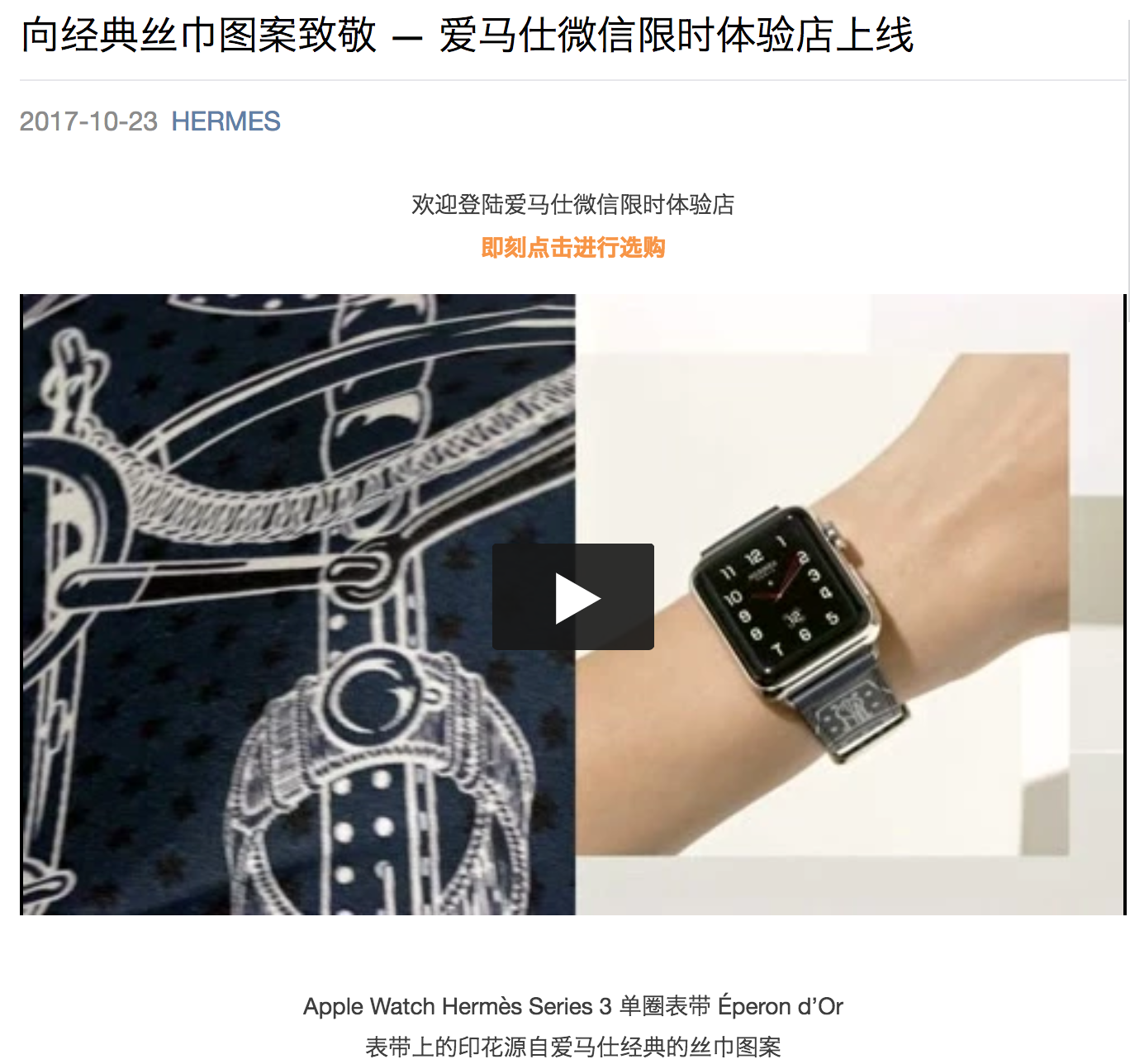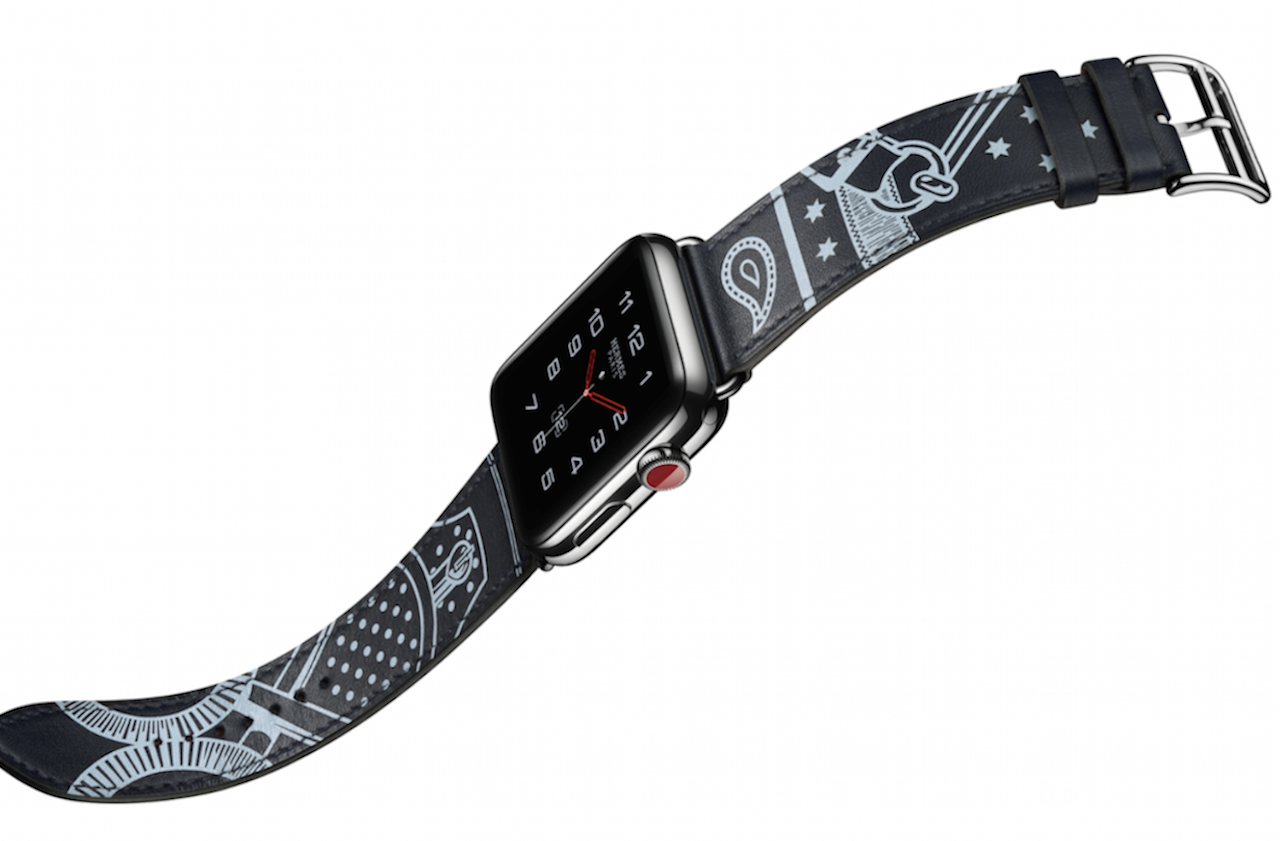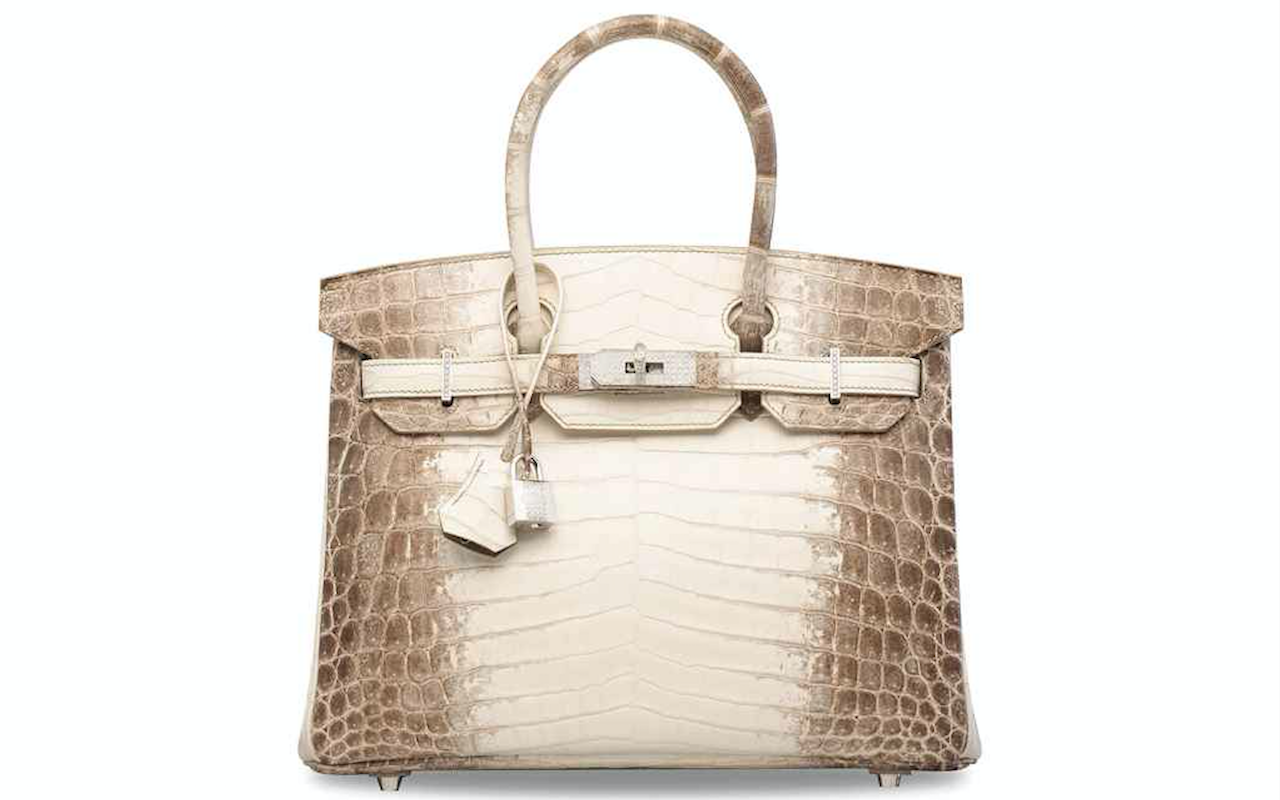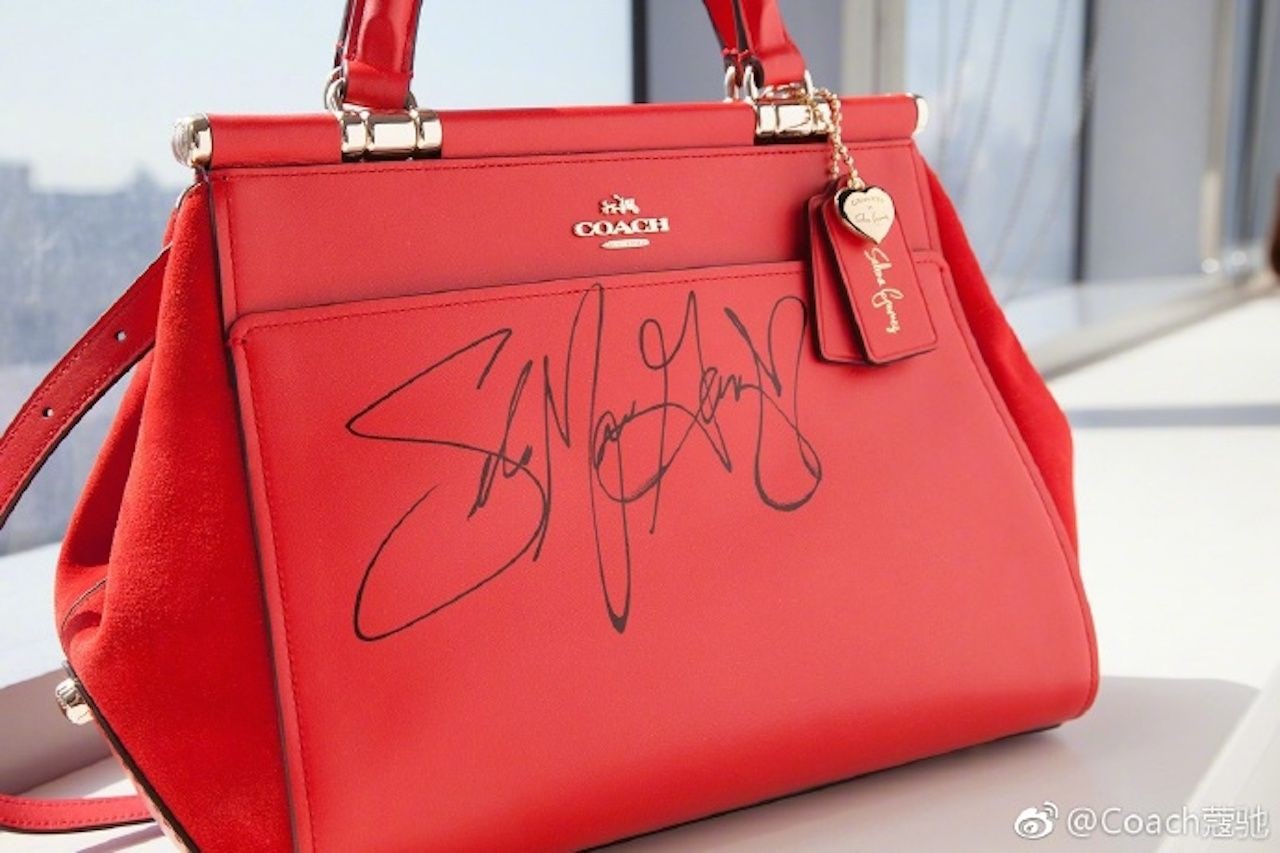French luxury brand Hermès launched its very first WeChat pop-up store on October 23, a strategic move signaling the brand's ambition to step up its digital innovation in China. But it also raises the question of just how aggressive it can be in the digital space.
The WeChat post by the brand to introduce the pop-up store has a 13-second promotional video about the new Éperon d’Or Hermès x Apple Watch. The product, in collaboration with Apple, features the classic pattern of Hermès scarf on the wristband. The pop-up store will last for two weeks, ending on November 5.
When clicking on “read more” at the bottom of the post, readers are taken directly to Hermes’ watch collection page which offers a detailed view of six models. The prices range from 8,988 yuan (1354) to 10,988 yuan (1655). Buyers need to register an account with the site—leaving their phone number and other relevant information—to track the order, and they must use WeChat Pay to complete the deals.

Chinese consumers have shown high interest in Hermès' WeChat offering: by the time of this publication, the post had attracted 15,986 pageviews.
According to Hermès' earnings results of the first six months of 2017, China led the growth in the Asia-Pacific region, contributing 14 percent to the region's total revenues. The brand continues to see rising interest among Chinese customers in purchasing its signature handbags, namely the Birkin Kelly, Constance, and Lindy models.
“We’ve really seen a recovery of China,” the global chief executive of Hermès International Group Axel Dumas said in an interview with Financial Times, “and the beginning of growth again in Hong Kong and Macau.” For Hermès, the rebound of luxury consumption in China posed the question of how it can best capture the demand in the market for digital shopping.
Compared to many other luxury powerhouses, Hermès is a latecomer to the digital shopping game in China.
Hermès set a textbook example for hunger marketing, a strategy often deployed by brands to make consumers feel hungry for certain type products through a limited number of offers. Hermes has used this strategy before to promote the Birkin bag. With limited time and quantity, the offer of Apple Watch in the WeChat store has employed a similar technique.
However, this strategy of utilizing a sense of urgency is certainly not a new approach. Many brands, namely Dior, Longchamp, and Bulgari, were early adopters of WeChat flash sales, making headlines with impressive sales numbers from the flash sales. For example, during last year’s Chinese Valentine’s Day, Dior offered a Lady Dior handbag for 28,000RMB (4,210) for four days; the media reported that all 200 models were sold out by August 2.
Hermès stepped up its global digital transformation in the middle of this year when it launched new e-commerce websites for Canada and US consumers earlier, combining creative editorial content and e-commerce functions. As the brand's key rivals like Louis Vuitton and Gucci are selling online in China, there is a possibility for Hermès to open an exclusive e-commerce site for the country's consumers, too.
There might be reasons why Hermès has been slow to adopt this digital trend; it’s a reflection of a general attitude of the luxury industry to digital change. They face many questions such as whether going digital can deliver the same luxury experience to consumers, or if it can become a steady purchase channel for high-priced goods. Luckily, the past experiences of early adopters show that the value of luxury can still be held if the brands approach it appropriately.
For Hermès, it is going to be a task to balance exclusivity and availability on the digital channel in China and their answer to it will set up an example for many luxury brands.


